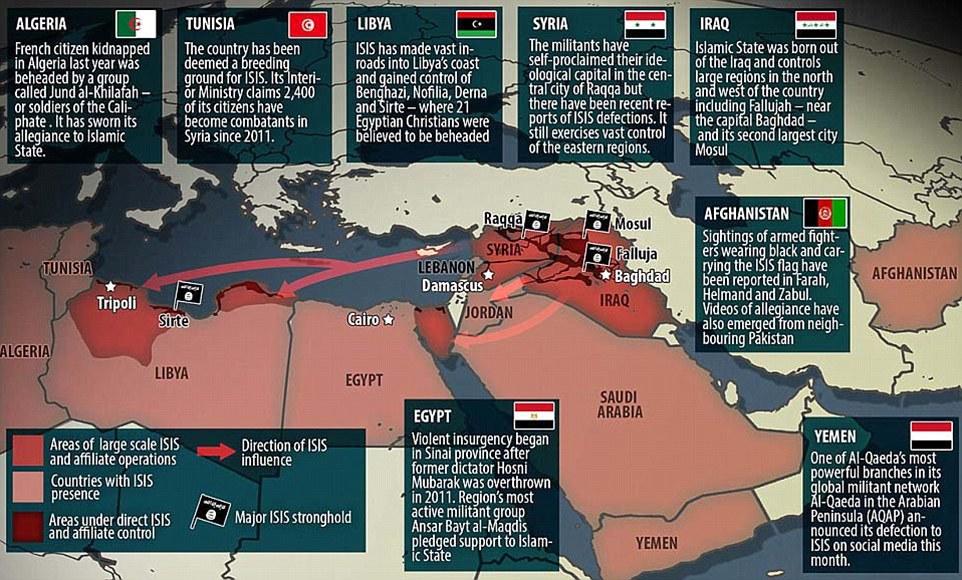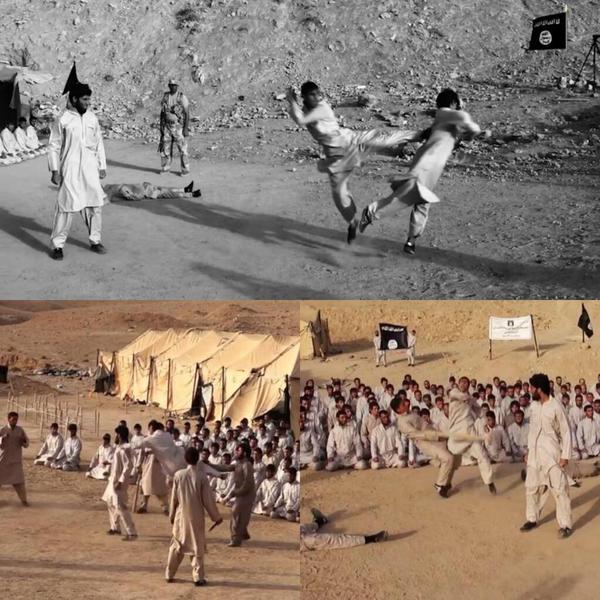320 Years of History
Gold Member
...Donald Trump! Bless his heart, but the man has clearly gotten too big for his britches. Can you imagine how anyone who seriously expects to become the U.S. President can not have a foreign policy advisor at this point in their campaign? How much hubris, how much sinful pride, does that take?
I just heard that on the news. Sitting here in my office, I broke out in an unbridled guffaw that drew several passers by to poke their heads in to find out what was so funny.
Next week, Trump is scheduled to deliver a speech before a pro-Israel organization, I think in Florida. Jewish folks are planning a protest against him. They've even gone so far as to petition the AIPAC to rescind its invitation to Trump.
Trump is windier than a sack of farts! What on Earth makes anyone think foreign leaders will do more than countenance being in the same building with the man?
I just heard that on the news. Sitting here in my office, I broke out in an unbridled guffaw that drew several passers by to poke their heads in to find out what was so funny.
Next week, Trump is scheduled to deliver a speech before a pro-Israel organization, I think in Florida. Jewish folks are planning a protest against him. They've even gone so far as to petition the AIPAC to rescind its invitation to Trump.
Trump is windier than a sack of farts! What on Earth makes anyone think foreign leaders will do more than countenance being in the same building with the man?





